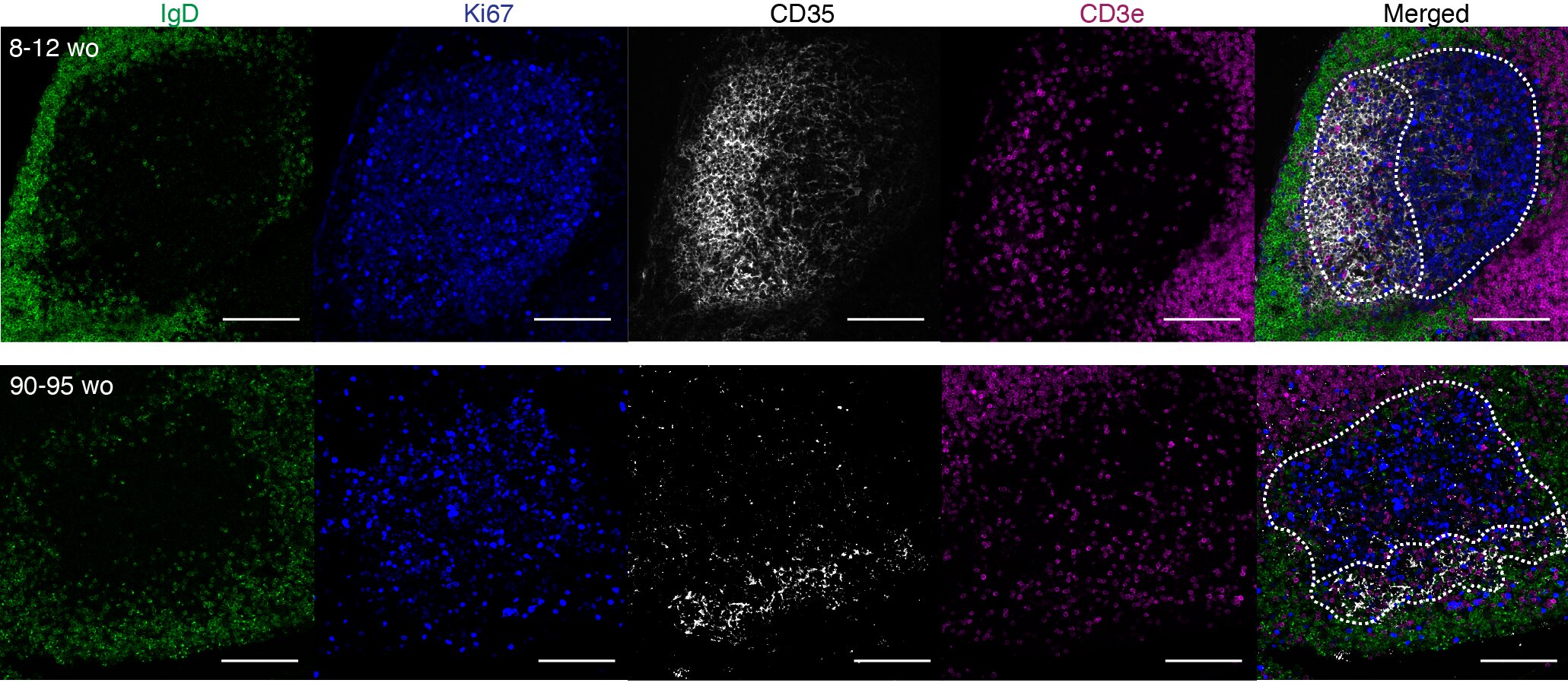MI weekly selection #515
MI weekly selection #515

Volcanoes, meteorites may be tied to life’s start
Meteorites and volcanoes could have produced iron particles that served as a catalyst for creating life forms on Earth. Scientists conducted experiments using metallic particles from meteorites and ash from Sicily’s Mount Etna to see how iron may have helped convert carbon dioxide and hydrogen into hydrocarbons more than 4 billion years ago.
Full Story: Space
Over 5K new species discovered in Pacific Ocean region
Scientists identified 5,578 new species in the Clarion-Clipperton Zone of the Pacific Ocean between Hawaii and Mexico. The zone contains mineral-rich polymetallic nodules and is a potential harvest area for the deep-sea mining industry, which may damage the region’s biodiversity.
Full Story: CBS News
Climate change may unleash tsunamis from Antarctica
Underwater landslides brought by warming ocean temperatures in Antarctica may cause tsunamis in the Southern Ocean. Researchers analyzed the sediment cores of Antarctica’s seafloor, finding that sediment layers slid and caused massive tsunamis during periods of global warming.
Full Story: Live Science
Meta-analysis finds brain stimulation improves cognition
A meta-analysis of more than 100 published studies covering more than 2,800 participants suggests that rhythmically stimulating the brain using transcranial alternating current stimulation improves executive function, attention and memorization, including in older adults and people with neuropsychiatric conditions. Researchers also discovered that a specialized tACS technique that targets two brain regions simultaneously can either enhance or reduce cognitive function and could prove clinically useful.
Full Story: The Conversation
Researchers boost age-declining germinal center responses in mice
Vaccine efficacy wanes with age, possibly influenced by suboptimal B cell development as a result of mislocalization of T follicular cells in the germinal center, and researchers have discovered that correcting this mislocalization boosted germinal center responses in aged mouse models. “These findings give us a more complete picture of what the effects of age are on the germinal center and vital insight into how we might address these in terms of developing effective strategies for enhancing vaccine response in older people,” said lead author Michelle Linterman.
Full Story: Medical Xpress